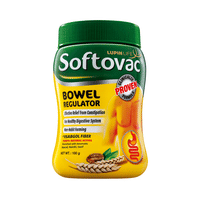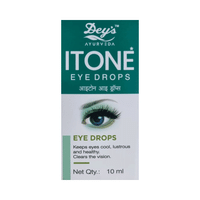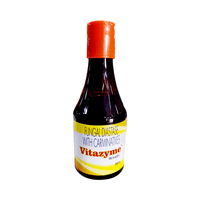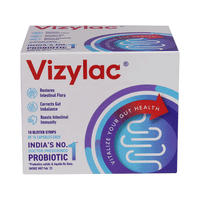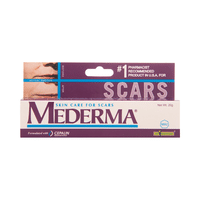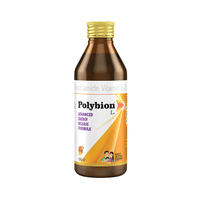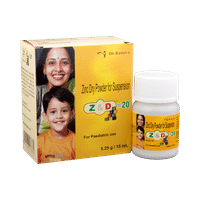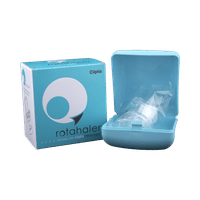OFLox Eye/Ear Drop
Rs.50.63for 1 bottle(s) (5 ml Ophthalmic Solution each)
food interaction for OFLox Ophthalmic Solution
alcohol interaction for OFLox Ophthalmic Solution
pregnancy interaction for OFLox Ophthalmic Solution
lactation interaction for OFLox Ophthalmic Solution
food
alcohol
pregnancy
lactation
No interaction found/established
No interaction found/established
The safety of OFLox Eye/Ear Drop during pregnancy has not been established. There are no adequate and well-controlled studies in pregnant women, and animal data on reproductive toxicity are insufficient. Your doctor will weigh the benefits and any potential risks before prescribing.
CONSULT YOUR DOCTOR
OFLox Eye/Ear Drop may be unsafe to use during breastfeeding. Limited human data suggests that the drug may pass into the breastmilk and harm the baby. It should be used only if the expected benefit outweighs the potential risk. Please consult your doctor.
CONSULT YOUR DOCTOR
SALT INFORMATION FOR OFLox 0.3% w/v Ophthalmic Solution
Ofloxacin(0.3% w/v)
Oflox ophthalmic solution uses
{med_name} is used in the treatment of bacterial eye infections.
How oflox ophthalmic solution works
OFLox Eye/Ear Drop is a medicine that helps treat bacterial eye infections. It works by stopping the bacteria from growing, which helps clear up the infection. It relieves symptoms like redness, irritation, and discharge. It fights many different kinds of bacteria and treats eye infections caused by bacteria.
Common side effects of oflox ophthalmic solution
Burning sensation in eye, Eye discomfort
SUBSTITUTES FOR OFLox Ophthalmic Solution
20 Substitutes
20 Substitutes
Sorted By
 Rs. 88.49pay 68% more per ml of Ophthalmic Solution
Rs. 88.49pay 68% more per ml of Ophthalmic Solution Rs. 32.81save 36% more per ml of Ophthalmic Solution
Rs. 32.81save 36% more per ml of Ophthalmic Solution Rs. 79.73pay 57% more per ml of Ophthalmic Solution
Rs. 79.73pay 57% more per ml of Ophthalmic Solution Rs. 22.95save 55% more per ml of Ophthalmic Solution
Rs. 22.95save 55% more per ml of Ophthalmic Solution Rs. 40.31save 20% more per ml of Ophthalmic Solution
Rs. 40.31save 20% more per ml of Ophthalmic Solution
Expert advice FOR OFLox Ophthalmic Solution
- Do not skip any doses and finish the full course of treatment even if you feel better.
- Wait for at least 5-10 minutes before delivering the next medication in the same eye to avoid dilution.
- It may cause short-term blurring of vision when first used. Use caution before driving or using machines.
- Do not wear contact lenses until your infection clears up.
Frequently asked questions FOR OFLox 0.3% w/v Ophthalmic Solution
Ofloxacin
Q. What is OFLox Eye/Ear Drop used for?
OFLox Eye/Ear Drop is used to treat infections of the eyes caused by bacteria. It helps in relieving the symptoms of eye infections like redness, pain, itchy, or watery eyes. This helps restore normal vision and enables you to carry out daily activities with ease.
Q. Is OFLox Eye/Ear Drop safe?
OFLox Eye/Ear Drop is safe if used in the dose and duration advised by your doctor. Use it exactly as directed and do not skip any doses. Follow your doctor's instructions carefully and let your doctor know if any of the side effects bother you.
Q. Is OFLox Eye/Ear Drop effective?
OFLox Eye/Ear Drop is effective if used in the dose and duration advised by your doctor. Do not stop taking it even if you see improvement in your condition. If you stop using OFLox Eye/Ear Drop too early, the symptoms may return or worsen.














